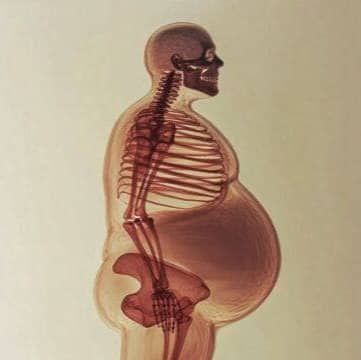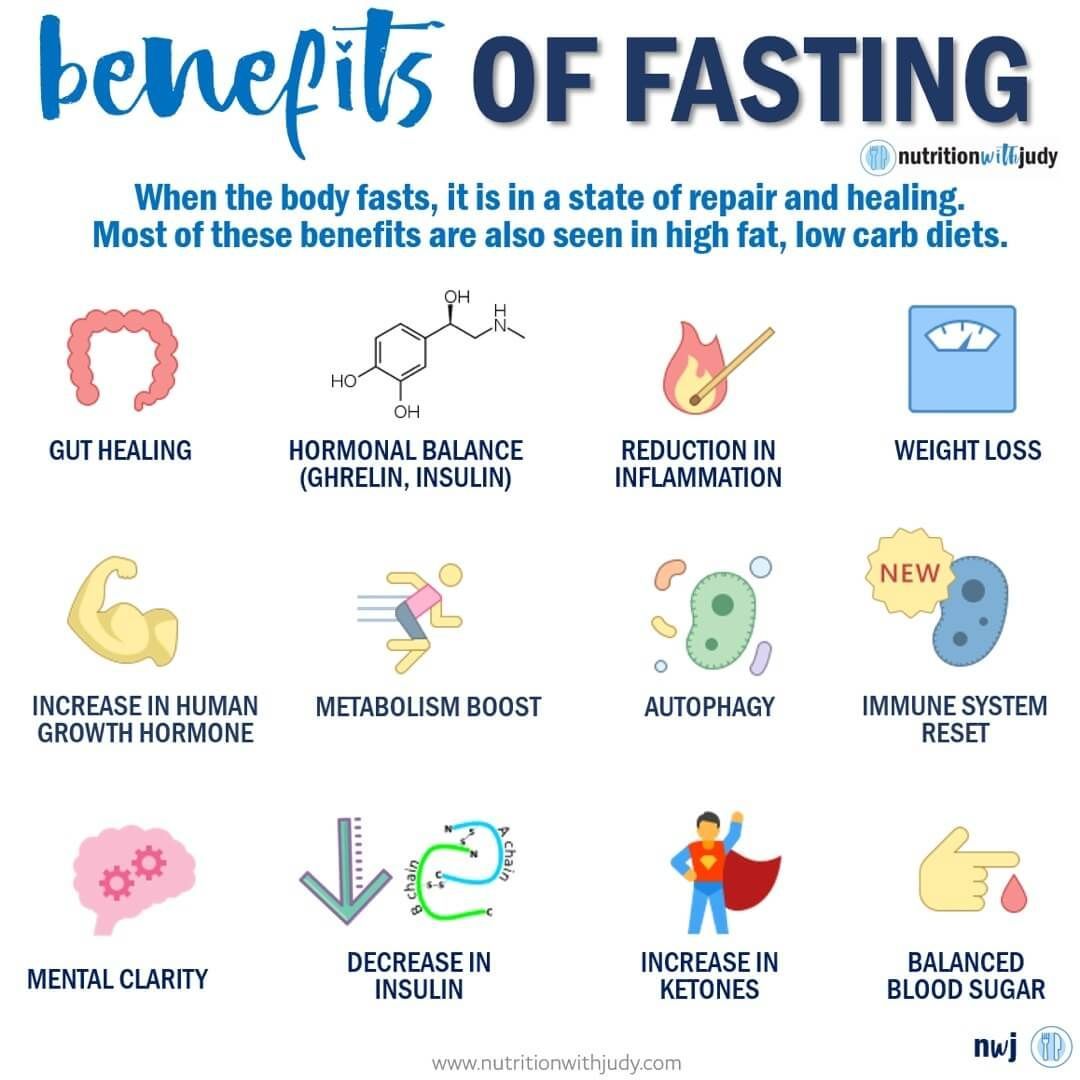Fasting and Blood Sugar Levels
Fasting and Blood Sugar Levels Julie was still able to train and had more energy than ever before thanks to the fasting protocols

I am guessing that at some point in your life you have heard someone say theyare ‘hypoglycaemic’ or that they have ‘low blood sugar’. Typically, this is used as partof the reason why this person needs to eat every couple hour to keep their ‘bloodsugar stable’. The basic story is that if theydo not eat every three or four hours then they become hypoglycaemic and become irritable, moody,light-headed,and shaky. I find this an interesting phenomenon considering as little as 5-10% of the population actually,have a malfunction in their ability to regulate their blood sugar levels. Also,there is no actual clinical consensus regarding the cut-off values for blood glucose levels that truly define hypogly caemia for all people and purposes. It isimportant to note that I am not suggesting that hypoglycaemia does not exist. I am merely suggesting that the average person without an underlying medical condition does not have to worry about getting ‘low blood sugar’ while they are fasting.
From reviewing the research, it is evident that unless you have drug-treated diabetes,hypoglycaemia just isn’t that prevalent in healthy people. This is because your body is amazingly effective at regulating the amount of sugar that is flowing around in your blood. Throughout the typical 24-hour cycles of eating, digestion, and fasting, the amount of glucose in your blood is generally maintained within a range of 70-140 mg/dL (3.9-7.8 mmol/L)if you are healthy.
To give you an idea of how truly remarkable this feat is, consider the following: the average human being has about 5 litres of blood. Looking at the numbers above and doing some quickconversions,we realize that during any given day, the amount ofsugar in your blood ranges from between 5 grams and 7 grams. This is roughly the amount of sugar in one to one-and-a-half teaspoons! Research conducted upon healthy adults shows that mental efficiencydeclines slightly (but measurably) as blood glucose falls below about 65 mg/dL (3.6 mmol/L),or into the range of about one-half of a teaspoon. It is important to note that the precise level of glucose considered low enough to bedefined as hypoglycaemia is dependent on the age of the person, the health of the person, the measurement method, and the presence or absence of negative symptoms.
According to the research I reviewed on the effects of short-term fasting on bloodsugar, a 24-hour fast should not place you into a hypoglycaemic state,and I havenot seen any research that has shown a subject going below 3.6 mmol/L blood sugarduring a short-term fast.
So if there isn’t any clinical evidence of short-term fasting causing hypoglycaemia,what’s with all these people who say they get moody and light headed if they don’t eat every three hours?
In a paper titled “Effect of fasting on young adults who have symptoms of hypoglycaemiain the absence of frequent meals” researchers aimed to answer this exact question. Specifically, the researchers were interested in the glucose metabolism of subjectswho had a history of what they considered to be hypoglycaemic episodes (becoming irritable or feeling ‘shaky’ in the absence of food).Eight people who reported a history of hypoglycaemic episodes were compared to eight people who have never experienced any form of hypoglycaemia. Both groups completed a 24-hour fast while their blood sugar levels were monitored. During the study none of the subjects in either group had any periods of documented hypoglycaemia.
In fact, after closer investigation it was apparent that when the groupthat had a history of ‘hypoglycaemia’ reported periods of ‘feeling hypoglycaemic’ their blood sugar levels were at normal levels. Both groups had a decrease in insulin and an increase in body fat being used as a fuel during the 24-hour fast.
The researchers concluded that there is no doubt that some people may find eatingless to be more stressful than others,but if no other metabolic disease ispresent, the ability to maintain blood glucose in the normal range does not seem to be affected during a 24-hour fast.
To find out more and grab your comprehensive fast guide simply reply back this email and always laugh with health !










